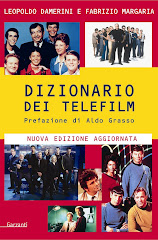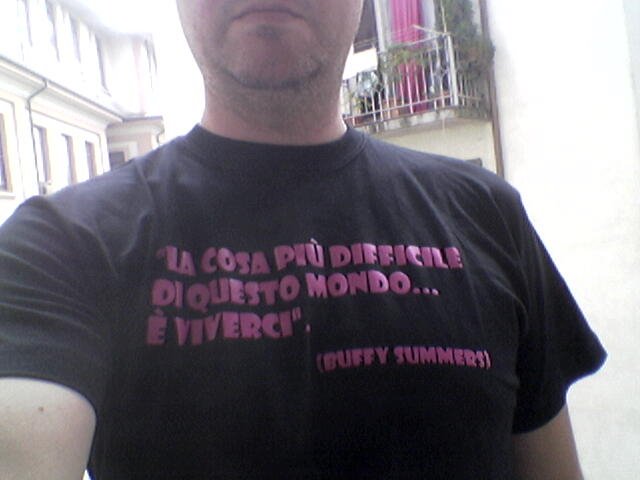Fastcompany.com
Netflix: The Red Menace
Just when Hollywood thought it had Netflix figured out, that "red envelope" company flipped the script, creating a playbook for any business that aspires to upend an industry. It's about to do it again.
The Oscar-winning thespian looks like a politician, his hair perfectly in place and his suit a somber charcoal. He emotes like a politician, too, as he launches into a withering takedown of the traditional way that Hollywood makes television, lambasting everything from the pilot process to TV executives ("those network people") who are always "sticking their fingers in creative decisions and having opinions about everything." And like the scheming pol he plays on House of Cards, the Netflix drama whose first season debuted in February 2013 and for which Spacey earned an Emmy nomination, Spacey offers his speech in silky soundbites uttered in his perfect, Juilliard-trained diction. It's the sweet sound of impending doom.
 This firebrand futurist of television doles out praise to just a
single company: Netflix. He credits the streaming-video service for
daring to let creative talent run the show without interference, and for
empowering viewers as well. "Clearly, the success of the Netflix model .
. . proved one thing: The audience wants the control," he says of the
streaming service's willingness to do such once-heretical things as
release all episodes of a season simultaneously. Viewers want "freedom,"
Spacey loftily proclaims. "If they want to binge . . . then we should
let them binge."
This firebrand futurist of television doles out praise to just a
single company: Netflix. He credits the streaming-video service for
daring to let creative talent run the show without interference, and for
empowering viewers as well. "Clearly, the success of the Netflix model .
. . proved one thing: The audience wants the control," he says of the
streaming service's willingness to do such once-heretical things as
release all episodes of a season simultaneously. Viewers want "freedom,"
Spacey loftily proclaims. "If they want to binge . . . then we should
let them binge."Spacey hasn't always been so passionate about the future of TV--or even about Netflix. Indeed, back in early 2011, when House of Cards director David Fincher called him at his Malibu home with the news that Netflix was offering to guarantee to make and air a mind-boggling two seasons of the show without a pilot (at a widely reported $100 million), Spacey turned to his producing partner, Dana Brunetti, and whispered, "Does that mean we're going straight to DVD?" Back then, Netflix was still that company that mailed DVDs of mostly indie flicks to its customers in those convenient red envelopes. Now Netflix is the hottest player in Hollywood. In the creative community that drives that town, Netflix has stolen a step on HBO, cable's most pedigreed channel.
To hear Hollywood types rave about Netflix these days, you'd half expect to hear that the new phrase is "It's not TV. It's Netflix." Everything that makes Netflix's programming distinctive--surrendering control to creators, releasing all episodes of a season at once, keeping its viewership data private rather than participate in the ratings game--is a modern twist on the original, universally admired HBO game plan. Netflix even has more U.S. subscribers than HBO, surpassing the venerable network last fall when it reached 31 million, versus HBO's 29 million.
But Netflix is doing more than threatening HBO--what really has Hollywood worried is that the company seems in a hurry to redefine the very rules of the entertainment industry. Its willingness to sign up shows for entire seasons without first ordering a pilot (the one-shot episodes that TV honchos have for decades demanded before backing a show) has forced network executives to rethink a system that has defined television since its inception. And as the company has rolled out House of Cards, season four of Arrested Development, and Orange Is the New Black, Netflix's stock has soared--it almost quadrupled between January and Thanksgiving 2013. "There have only been a half-dozen shows," gripes one media executive, "and yet to read the press and hear the comments, you would think Netflix had found the cure for cancer."
In case you're wondering, Netflix has not done that. In fact, it hasn't really even revamped Hollywood. Take that idea of dealing a death blow to HBO, or, as chief content officer Ted Sarandos told GQ, "to become HBO faster than HBO can become us." Netflix may have edged ahead of HBO in U.S. subscribers, but HBO makes some $1.7 billion in annual profits for parent company Time Warner, according to the media analyst SNL Kagan, versus the comparatively paltry $100 million Netflix is on track to report for 2013. The largely acclaimed shows that Netflix has licensed may have helped it add almost 4 million subs through the first nine months of 2013, but HBO owns the majority of its shows, giving it a long stream of ancillary revenue (selling rights to other networks, merchandise, and so forth) that Netflix can only dream of.
 Netflix has certainly benefited from Hollywood's paranoid vision of
it as the red menace from that barbaric region to the north known as
Silicon Valley. As one industry observer recently said, "Nobody knows
what the hell is going on inside Netflix. And that's the way Netflix
likes it." Being seen as an outside force armed with superior technology
gives it a cachet that can't be matched by mere content providers. It
also gives investors, who are partial to tech companies, a tale that
might justify the potential they've now priced into the stock. But the
real story of Netflix's Hollywood success is simultaneously less
understood, simpler, and more instructive than the data-driven
disrupter's tale that the company likes to peddle. (Netflix execs
declined to be interviewed for this article, and encouraged talent,
producers, and partners to stay mum.) Like all great Hollywood stories,
it's got a final twist that brings it all together: If you want to
disrupt an industry, you've ultimately got to beat it at its own game.
Netflix has certainly benefited from Hollywood's paranoid vision of
it as the red menace from that barbaric region to the north known as
Silicon Valley. As one industry observer recently said, "Nobody knows
what the hell is going on inside Netflix. And that's the way Netflix
likes it." Being seen as an outside force armed with superior technology
gives it a cachet that can't be matched by mere content providers. It
also gives investors, who are partial to tech companies, a tale that
might justify the potential they've now priced into the stock. But the
real story of Netflix's Hollywood success is simultaneously less
understood, simpler, and more instructive than the data-driven
disrupter's tale that the company likes to peddle. (Netflix execs
declined to be interviewed for this article, and encouraged talent,
producers, and partners to stay mum.) Like all great Hollywood stories,
it's got a final twist that brings it all together: If you want to
disrupt an industry, you've ultimately got to beat it at its own game.Continua a leggere e scopri i 4 punti vincenti di Netflix QUI

















.jpg)















Nessun commento:
Posta un commento